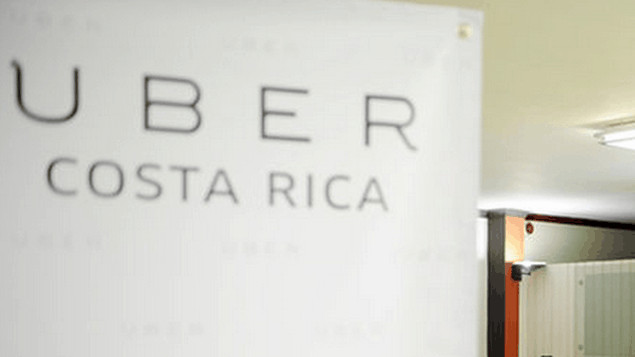A court in Costa Rica has ruled that Uber must treat one of its drivers as an employee, not an independent contractor. The decision means the company has to pay out for vacations, a year-end bonus, and severance. This came from the Appeals Tribunal in San José, which backed up an earlier court finding.
The case started when a driver, who had been working through the Uber app from October 2019 until February 2023, got cut off from the platform without warning. He took Uber to court, saying it was like getting fired without cause. His lawyer, Rafael Rodríguez, pointed out that Uber controls things like giving orders, making decisions, and handing out punishments to drivers. That setup shows a boss-employee link, he argued.
In the first round, a labor court agreed with the driver in April 2024. Now, the appeals court said the same thing, calling it a hidden employment relationship. They looked at how Uber sets the rules one-sidedly and expects drivers to meet certain goals. The court said you don’t need constant in-person oversight to prove control; the app’s system does that job.
Uber now owes the driver about 10 million colones, which is roughly $19,000. That covers advance notice pay, severance, damages, the year-end bonus known as aguinaldo, vacation time, and interest on top. If Uber doesn’t pay up, the driver could push for a lien on company assets.
Rodríguez called this a big win for drivers. “Any Uber partner can now claim an employment link and get worker rights,” he said. He suggests drivers keep records of their work time and earnings to build strong cases. This ruling sets an example that could lead to more lawsuits from other drivers in similar spots.
Uber has run its service in Costa Rica for 10 years, hitting that mark this month. The company sees drivers as independent partners, not staff. A spokesperson, Laura Santillán, said Uber aims to fit within each country’s rules. But in this case, they fought the claim and lost on appeal. The company is reviewing the decision, though this appeals ruling wraps up the case as the final step.
This isn’t the first time courts in Costa Rica have looked at Uber’s model. Back in March 2023, another judge ruled the same way in a different case, making Uber pay for vacations, bonuses, and social security. Uber appealed that one too, but details on how it ended aren’t clear yet. These decisions challenge how ride-hailing apps like Uber work, where they often classify drivers as freelancers to skip standard job perks.
For drivers, this means possible access to benefits they might not have gotten before, like paid time off and end-of-year payouts. It could change how Uber handles its operations here, maybe leading to shifts in contracts or more talks with regulators.
The ruling highlights ongoing debates about gig work. In places like the UK, courts have also called Uber drivers workers, giving them rights to minimum wage and holidays. Costa Rica’s labor laws protect employees with things like mandatory severance for unfair firings and the aguinaldo, which equals one month’s salary at year’s end.
If you’re a driver thinking about your options, talk to a lawyer familiar with these cases. Keep track of your app activity, trips, and any messages from Uber. This decision shows courts are willing to see through the independent label if the facts point to real control.
Uber didn’t respond right away to requests for more comments on this latest ruling. As things stand, the company faces paying up and possibly dealing with a wave of similar claims.






